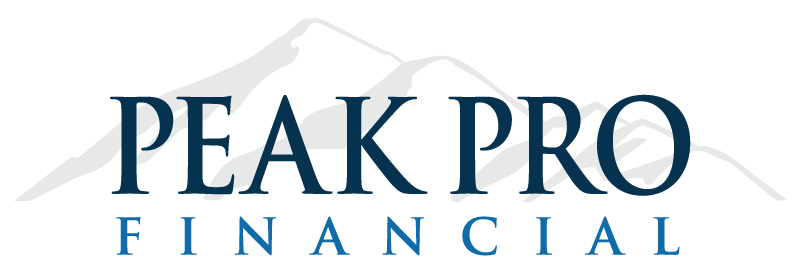Growth, retirement, income and taxes
May 26, 2021
As we just closed out our fourth installment of True G.R.I.T. Weekly, we thank you for the overwhelming amount of positive feedback and interest we've received! If you missed an installment, we would like to take this week to recap our introduction to True G.R.I.T. - our proprietary sales system based on: Growth, Retirement, Income and Taxes. Our goal is help you better position the value of the underlying strategies and solutions you discuss with your clients.
Over the course of the past decade, high risk/high growth potential solutions offered by stocks, mutual funds and variable annuities have benefited or rewarded clients categorized as “investors”. However, many investors reacted to recent volatility spikes by transitioning from the mindset of investor (high risk) to “saver” (low risk). Ideally, a saver wants protection from stock market losses, uses the power of compound interest to build net worth, seeks simple, predictable, easy to understand safe money alternatives and requires access to their money over time.
Retirement
Due to our current low interest rate environment, finding competitive returns on fixed income assets has become a challenge. This presents an opportunity for advisors to research and position alternative solutions. Otherwise, there will be a significant increase in funding costs which will negatively affect your clients’ retirement goals in the long run.
Managing market volatility and sequence of returns is instrumental to any plan addressing the beginning phases of retirement. But regardless the phase, it’s important that you get your clients to consider the importance of life insurance prior to entering into retirement. Guarantees with predictable income streams require different solutions in low interest rate environments, which clearly need to be considered in any plan. Finally, having additional lines of insurance (IUL and LTC) become realistic and important topics for those in the later years.
Income
Whenever we cover the use of income riders to support a retirement income plan, we acknowledge there are definitely two sides of the coin. The following points are commonly presented:
Pros:
- Lifetime income stream that can NEVER be outlived, while providing the look and feel of a pension
- Pooling of mortality credits
- Sequence of returns
- Alternative to traditional fixed income solutions that provide greater returns in a flat interest rate environment
- Protection from downside losses
Cons:
- There is typically a fee associated to an income rider
- The fee can cause drag on the account value in negative or zero interest years
- Should a client's income needs change, it becomes difficult to move the asset
- Becomes a “dead” asset in your book
THE BUCKET MODEL
Are you familiar with the bucket planning model and how to utilize multiple solutions to address income needs? Bucket modeling includes: laddering annuity solutions with and without guaranteed income riders, use of index universal life policies for additional control and tax benefits, LTC components that help avoid exhausting the portfolio in later years, and more. In our experience, the use of the bucket planning concept provides greater control, flexibility and income for your clients
Taxes
We believe the tax discussion is imperative to retirement income planning. Taxes, within the context of a low-interest rate environment and an inability to find sound solutions for fixed income, become a focal point of a comprehensive financial plan. More and more, clients and their advisors are looking to fixed indexed annuities as that solution. Annuities offer tax deferrals for maximizing growth, create lifetime income streams and bypass probate - these are just a few of the benefits.
While annuities are a perfect fit for tax deferral and lifetime income, there's also an alternative solution that will benefit your clients with regards to taxation: cash value life insurance. There is no other asset class available that provides protection from rising taxes and market volatility; while providing for LTC needs and even funding travel interests.
Remember - tax deferral is great, but tax free it better.
Prev
Next

